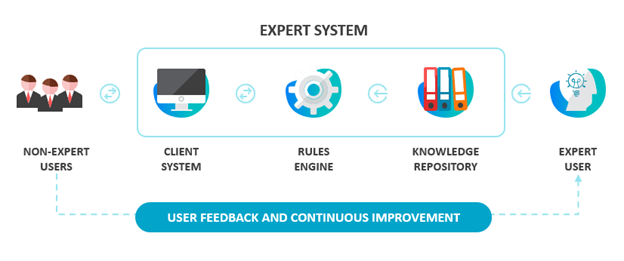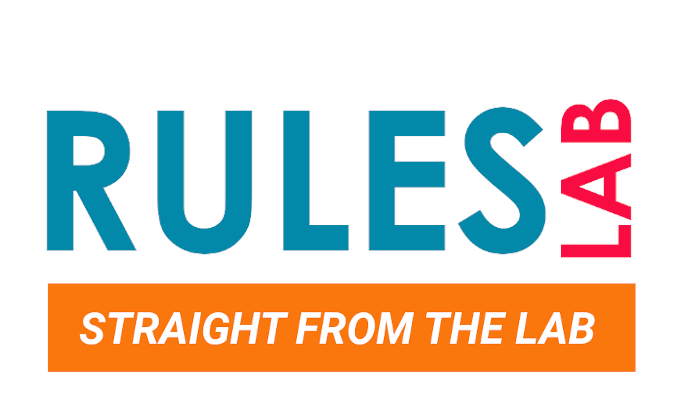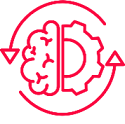And how does RulesLab fit into the world of AI?
“So, AI is a very broad umbrella term, bringing together concepts such as machine learning, natural language processing, computer vision and hearing (i.e., image processing and speech recognition) and decision making. At its core, RulesLab leans into the decision-making area of AI, specifically as an “expert system”.
“Essentially, expert systems are designed to reproduce human reasoning via detailed inference statements, allowing them to solve problems that would otherwise require input and dialogue with a subject-matter expert. In the case of RulesLab we provide a highly flexible, easy-to-use front-end where such experts can configure rules capturing their own specific domain expertise, no matter the field. Not only do these types of systems free skilled employees from such labour-intensive and repetitive tasks, but they can also improve on their expertise by delivering greater speed, constancy and quality in the outcomes of this decision-making.”
“But this is only one specific case – there’s a whole raft of similarly exciting applications emerging across the industry, utilising all aspects of AI, looking to revolutionise the way we approach areas as diverse as mental health, medical imaging, early disease detection and drug interactions.”

“We’ve also drawn from other areas of AI, and included a natural language processing component to RulesLab offering. Natural language processing (aka NLP) is all about transforming unstructured speech and text into structured, codified concepts. One of the biggest use cases we can see for NLP in a RulesLab context is the extraction of diagnostic information from (the notoriously unstructured) clinical notes. This has an array of potential impacts, including less reliance on manual clinical coding processes, as well as generally freeing up medical professionals to focus on more crucial aspects of patient care.”
So what sets RulesLab apart in its approach?
“As mentioned above, there’s a lot of really amazing innovation going on in the AI space at the moment. RulesLab is more sticking to the basics in its use of expert systems and natural language processing –but it’s this accessibility that we see as giving it an edge. The application is designed in a flexible, agnostic way, so that rules can be constructed for any industry – not just healthcare but finance, personal insurance… anywhere with experts and problems to solve, really! And the simple user interface places this design capability directly into the hands of the field specialists themselves, rather than relying on software coding teams who may not have the same level of domain knowledge (and will generate considerable additional cost to maintain such a system).
“We also put a lot of emphasis on interoperability. This is another area that gaining a lot of interest in healthcare, particularly as governments and organisations realise that the ability to share health data across such a vast and complex network of systems is crucial to offering cost-effective care in the future (a network that has recently exploded even further with the uptake of wearable tech, as I noted before). RulesLab is built with this future landscape in mind, adhering to the latest interoperability principles and allowing users to easily plug their own varying message structures into standardised rule structures. This focus on interoperability facilitates the easy transportability and sharing of domain knowledge between different departments and organisations, regardless of their operational systems.
“RulesLab is built with this future landscape in mind, adhering to the latest interoperability principles and allowing users to easily plug their own varying message structures into standardised rule structures. This focus on interoperability facilitates the easy transportability and sharing of domain knowledge between different departments and organisations, regardless of their operational systems.”





